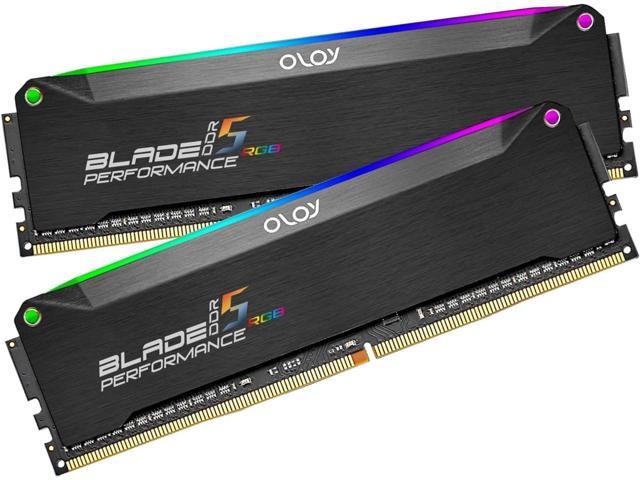- Joined
- Sep 28, 2005
- Messages
- 3,492 (0.49/day)
- Location
- Canada
| System Name | Alienware R10 Rebuild |
|---|---|
| Processor | Ryzen 5700X3D |
| Motherboard | Alienware Mobo |
| Cooling | AIO (Alienware) |
| Memory | 2x16GB GSkill Ripjaws 3600MT/s |
| Video Card(s) | Dell RTX 3080 |
| Storage | 1x 2TB NVME XPG GAMMIX S70 BLADE |
| Display(s) | LG 32" 1440p |
| Case | Alienware R10 |
| Audio Device(s) | Onboard |
| Power Supply | 1000W Dell PSU |
| Mouse | Steelseries |
| Keyboard | Blackweb Walmart Special Mechanical |
| Software | Windows 11 |
How exciting this is. I dont feel the need to upgrade my 10700kf, but just to get one of these, I want to!
Wizzard, if you feel too tired or worn out from doing the review, send the hardware my way, I'll .....review it..... for you.
Wizzard, if you feel too tired or worn out from doing the review, send the hardware my way, I'll .....review it..... for you.








